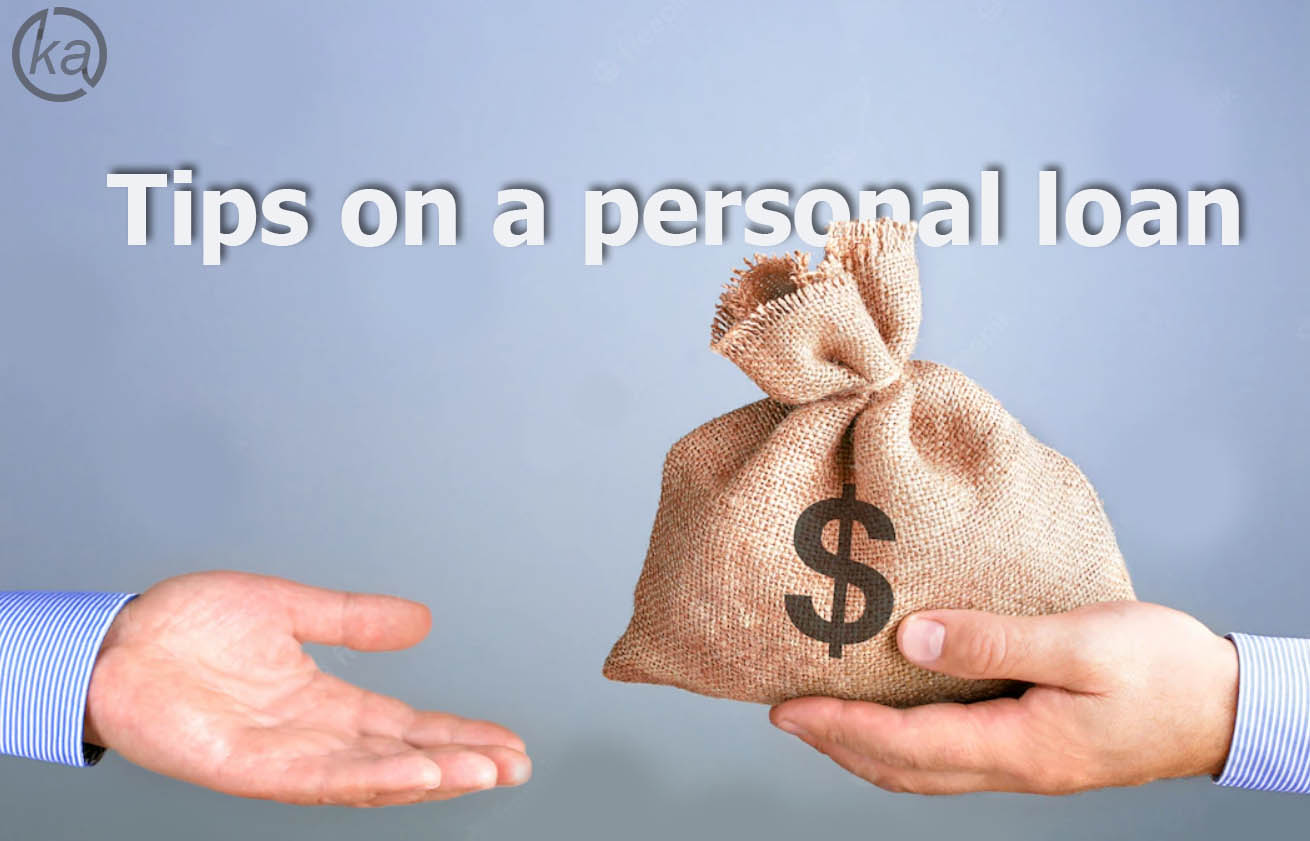To stretch your money, you’ll want the cheapest unsecured loan for an exciting buy or unexpected need. Our nine finest personal loan tips are here. At some time, most of us require a bank loan. It could be for an essential purchase, an unforeseen expense, or many debts.
A personal loan doesn’t have to be pricey. Use these nine easy tips to obtain the greatest value.
9 Tips for the Best deal on a Personal Loan

1. Decide how much You need to borrow
In order to find the most advantageous terms for a personal loan, you should first consider:
- Why you need the money,
- How much of a loan you’ll require
- How much time you need to make monthly payments.
When comparing the fees and interest rates offered by various lenders, you can use this information to your advantage.
The interest you pay on a loan is proportional to the amount you borrow, so it’s in your best interest to borrow as little as possible to cover your costs. If you have any savings, you should consider putting them toward your expenses. Keep an emergency fund with at least three months’ worth of expenses in it in case anything unforeseen happens, like losing your job.
2. Check Your credit history
Your credit score is a major aspect in figuring out what kind of personal loan interest rate you will be offered. A lower interest rate is more likely to be granted to those with higher credit scores. Especially if your credit isn’t in the best shape.
If you have a history of credit payments and County Court Judgments (CCJs), you may be labeled as a “high-risk” borrower, and as a result, the loan offers you are offered will likely have a higher APR than those offered to those without such a past.
The best way to find out if you qualify for low-interest loans is to check your credit score before applying.
- Experian
- Equifax
- TransUnion.
Checking all three credit reports will help you avoid mistakes that could hurt your score and give you an idea of what to expect when applying for credit. Improve your credit score before asking for a loan.
3. Shop around to compare Loans
To locate the best loan or financial package, compare what’s available on the market. Use multiple comparison sites to compare loan rates and loans for the amount you need to borrow from all loan providers.
The representative APR will show you the loan’s cost, including interest and fees, so compare options using it. At least 51% of borrowers will be offered this rate or lower, but your rate may be higher, the same, or lower.
The offered rate may only apply to a specific loan amount, so look for discounts for the amount you need to borrow. Make sure you meet the financing criteria before applying. Secured and unsecured bad credit loans and debt consolidation loans are available to persons with credit issues, although other loans are not.
4. Fix Your interest rate
Personal loans with a fixed interest rate have consistent monthly payments throughout the loan’s life. Your loan’s interest rate will remain the same even if rates in the broader economy rise, making it simpler to plan for and keep up with payments.
Most unsecured loans have fixed interest rates, but you should still study the fine print to make sure there aren’t any unpleasant surprises.
5. Borrow for as short a period as possible
When applying for a personal loan, it’s crucial to think about how long it will take you to pay it back. A loan’s term refers to how long the borrowed funds will be used for.
In the long run, paying off a loan over a longer period of time will cost you more loan, but the smaller payments you’ll make each month will make it easier to manage your finances. Find a happy medium between making minimum payments and paying off your loan as fast as possible.
6. Don’t automatically go with Your Bank
It’s only natural to feel more at ease applying for a personal loan with the same financial loan where you have your checking account. The fact that it recognizes you as a regular client can make you feel more secure.
While sticking with current bank could get you a better rate, it’s not always the case. This is yet another argument in favor of researching many loan options and loans before deciding on a single one to apply for.
7. Consider alternatives to Loans
A credit card with a 0% APR promotion period can be preferable to a loan, depending on the amount you intend to borrow and the length of time you need to pay it off. Smaller loans, between £500 and £5,000, for example, frequently attract the highest rates of interest, so this may be the case if you’re simply looking to borrow a modest amount.
Instead, you can get a credit card that charges no interest on purchases for a promotional period of time, provided you pay off the bill before the promotional period ends. In cases where only a little sum is required, this option may be preferable to taking out a personal loan.
8. Avoid payday Loans
Payday loans are a convenient option when you need cash immediately. These are short-term loans, and the money can typically be wired to you within a day. Even if you have a low credit score, you can still get one.
No matter how appealing they may be, you should put off applying for a payday loan as long as possible. That’s because if you get into a cycle of payday loan debt, it can be very difficult to get out.
9. Don’t automatically take out PPI with Your Loan
Loan PPI (Payment Protection Insurance) is something to think about if your peace of mind is important to you. If you lose your loan and therefore your ability to make loan payments, PPI will step in to rescue you from financial ruin.
Instead of just taking PPI as an extra with your loan, check around and see if it’s the proper kind of protection for you. Instead of taking out a loan to pay off your debts, you should look into getting an income protection policy.

